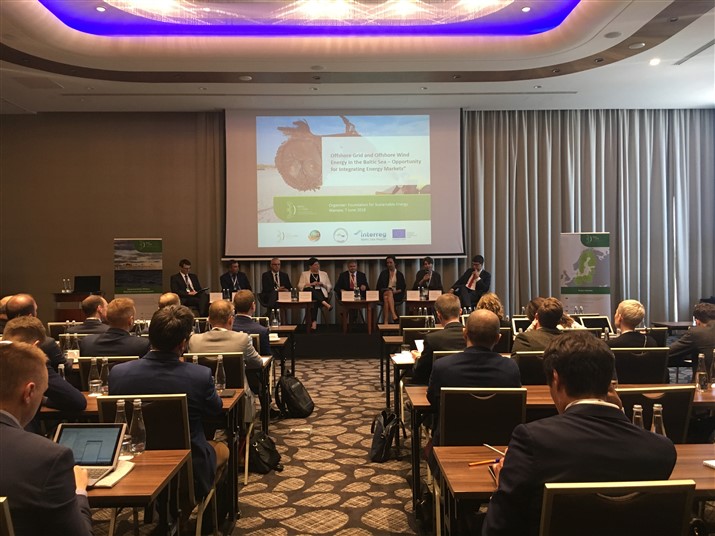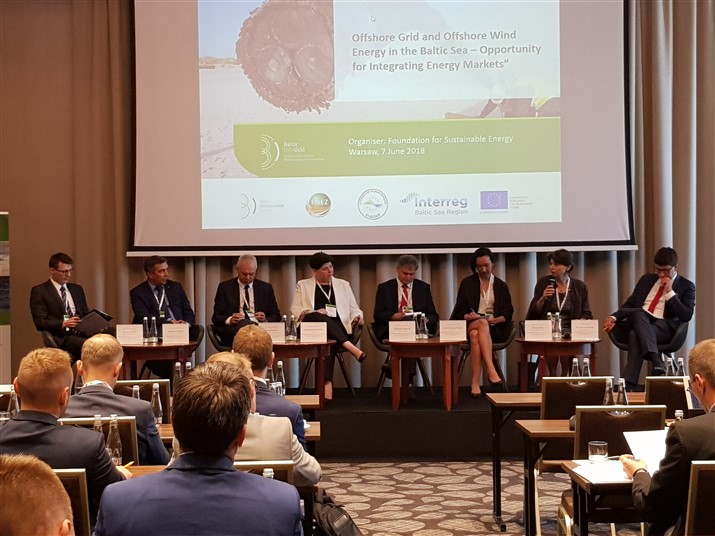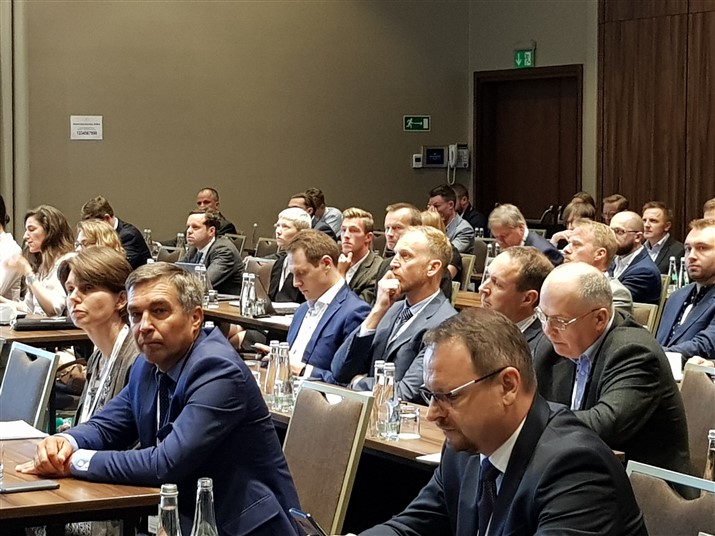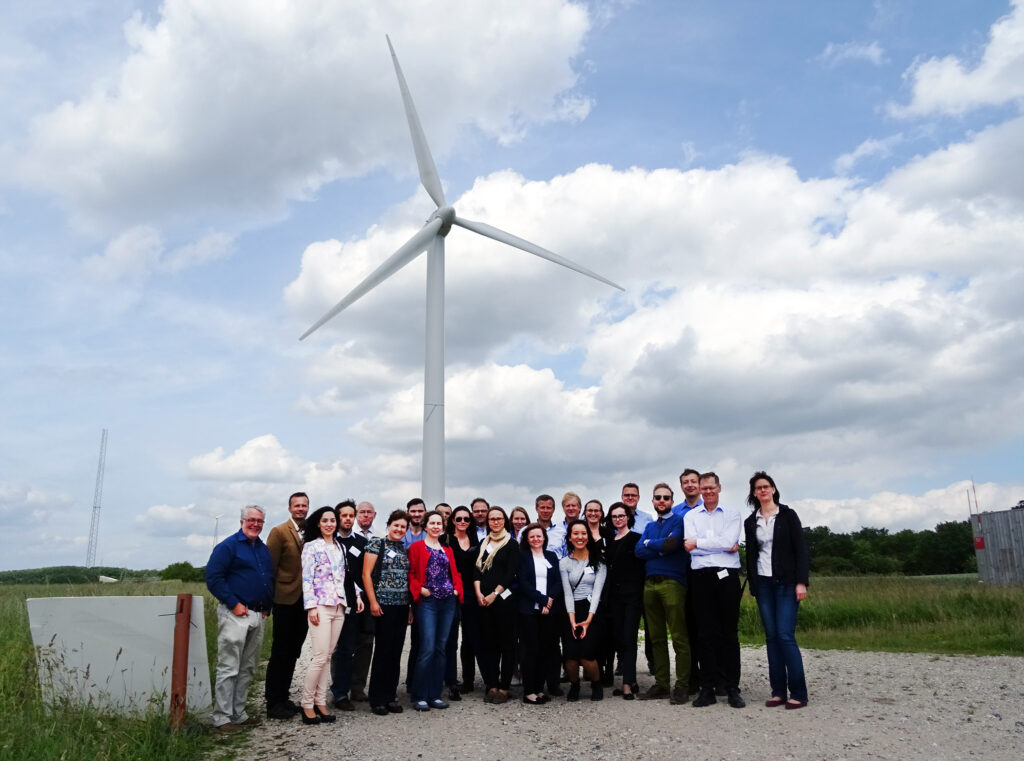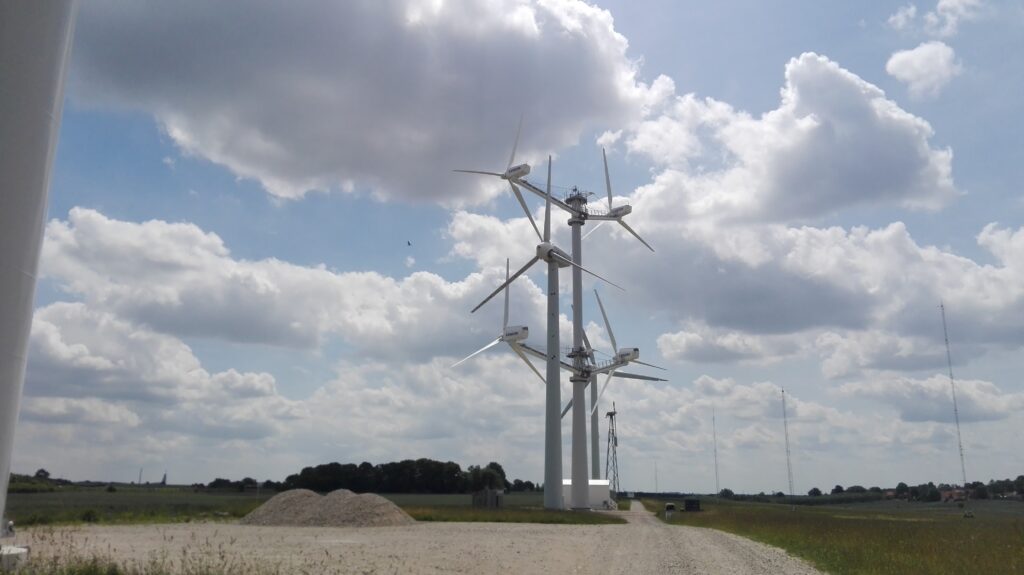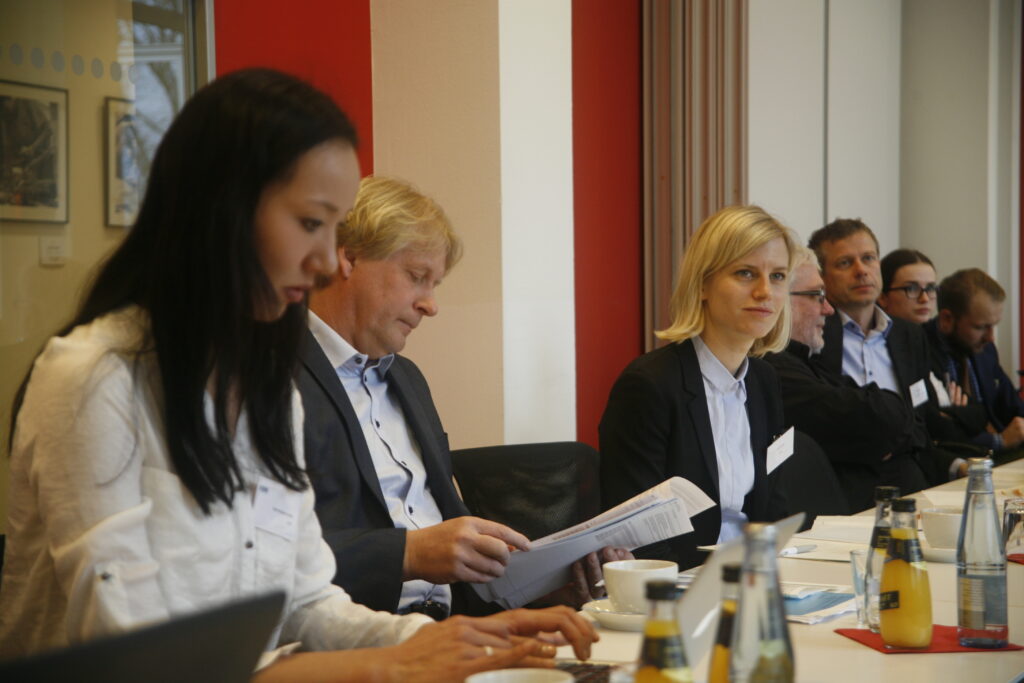BIG events
Summary of the conference Baltic InteGrid “Offshore Grid and Offshore Wind Energy in the Baltic Sea – Opportunity for Integrating Energy Markets“
On 7 June 2018 in Warsaw the conference “Offshore Grid and Offshore Wind Energy in the Baltic Sea – Opportunity for Integrating Energy Markets” was held. Its participants debated on the future development of offshore power grids in the Baltic Sea. The discussion was based on the results of a pre-feasibility study for two cross-border interconnections: Poland-Sweden-Lithuania and Germany-Sweden integrated with offshore wind farms.
The main conclusion of the conference is that the integrated offshore grid development, with OWE parks as major drivers and connection points of such a grid in the Baltic Sea region, should be rather understood as a gradual, evolutionary process. However, a road map is needed to shed light on the way to possible future scenarios, not as a definite master plan but rather a guiding vision for a meshed offshore grid. Furthermore, the process needs to be flanked and fueled by developments in a number of diverse fields such as appropriate regulatory measures, technological advancements, coordination mechanisms as well as a policy framework and legal environment that fosters investment in this direction. This proves that the Baltic InteGrid project with its multidisciplinary approach has been on the right track and that this is only the beginning of the debate on integrated offshore grid development in this region.
For further details of the conference please consider the summary with the main points of the discussions and the presentations of the speakers:
Summary of the Baltic InteGrid Conference, Warsaw
Presentations of the Baltic InteGrid Conference, Warsaw:
- Baltic InteGrid – Introduction (Mariusz Wójcik, Foundation for Sustainable Energy)
- Baltic offshore grid concept (Pierre Ståhl, Energikontor Sydost)
- Pre-feasibility studies – Introduction (Mariusz Wójcik, Foundation for Sustainable Energy)
- Pre-feasibility study – Case study 1 (Andreas Möser, Lund University)
- Pre-feasibility study – Case study 2 (Thilo Krupp, Stiftung Offshore-Windenergie)
- Weighing costs and benefits of a meshed grid in the Baltic Sea (Rasmus Borrmann, Deutsche WindGuard and Richard Weinhold, IKEM)
1st seminar of the Thematic Working Group Environment and Society within the Baltic InteGrid Project Warsaw, 28th February, 2017
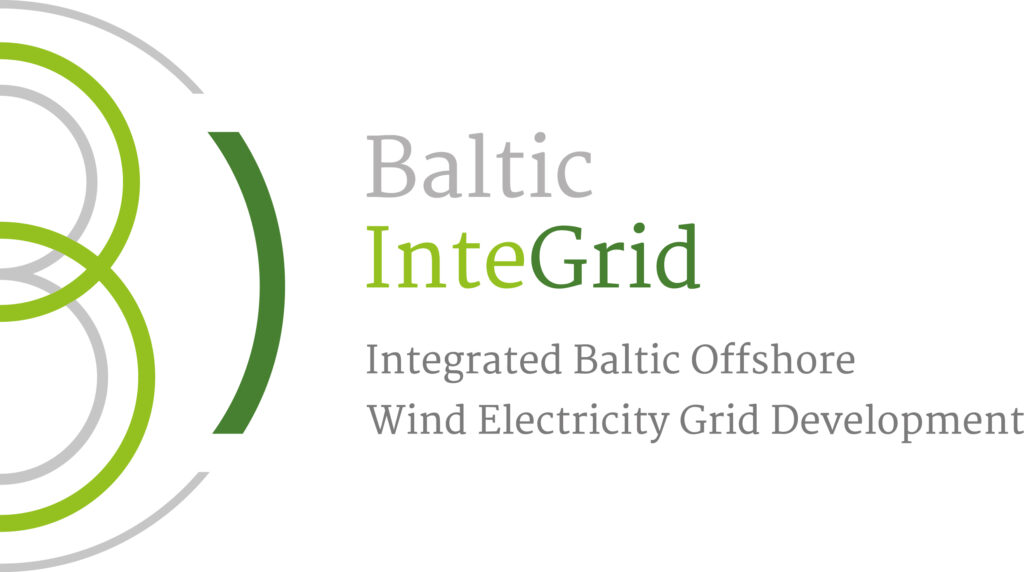
Foundation for Sustainable Energy (FNEZ) organized the first seminar of the thematic working group environment and society within the Baltic InteGrid project financing from INTERREG Baltic Sea Region 2014 – 2020. The seminar, apart from project partners and associated organizations, will be dedicated for representatives of maritime administration, regional and national environmental authorities, investors, experts and other stakeholders interested in environment and social issues related to offshore energy investments.
The aim of the thematic working group is to discuss impacts of offshore grid infrastructure on the environment, other sea users and society. Together we will attempt to identify most important impacts of the offshore grid concept on the Baltic Sea and tools and technics for successful communication and mitigation of conflicts.
The conclusions of the Thematic Working Group seminar will be used in the development of the “Impact mitigation strategy of the Baltic Offshore Grid” which is one of the outputs of the Project and which will be incorporated in the Baltic Offshore Grid concept.
2nd Partner meeting of the Baltic InteGrid In Roskilde
On June 20th-21st, the second partner meeting of the Baltic InteGrid („Integrated Baltic Offshore Wind Electricity Grid Development” funded under the INTERREG Baltic Sea Region in 2014-2020) took place in Roskilde, Denmark.
At the invitation of the Technical University of Demark (DTU) and Institute for Climate Protection, Energy and Mobility (IKEM), the Foundation for Sustainable Energy (FNEZ) participated in the project works related to the elaboration of a concept for the integration of the offshore infrastructure on the Baltic Sea. During the meeting all partners presented their achievements and current results of the project. Since the first partner meeting in Berlin, the project activities have done a great progress. Thanks to the involvement of all partners, the first drafts of the condition analysis of the Baltic Sea Grid has been elaborated.
FNEZ and all partners still face many challenges, but there are many indications that the project’s future results will bring benefits to the Polish economy as well as energy sector. The next partner meeting and first experts meeting in working group will be held in October.
The main objective of the project Baltic InteGrid is to develop a concept of the Baltic Offshore Grid integrated with planned offshore wind farms. It will be based on a detail analysis of spatial, market, political, regulatory, social, environmental, and technical conditions. As being a second project partner FNEZ is, inter alia, responsible for: identifying a list of a potential impacts of the Baltic Offshore Grid on the environment and society, elaborating the „Impact mitigation strategy of the Baltic Offshore Grid,” and preparing the prefeasibility study for the case study of an interconnection between Poland and Sweden.
Project Baltic InteGrid – kick off meeting
2016-05-13
On March 21st-22nd, a first partner meeting of the Baltic InteGrid („Integrated Baltic Offshore Wind Electricity Grid Development” funded under the INTERREG Baltic Sea Region in 2014-2020 took place. This was organized together with a kick-off conference of the project. At the invitation of the project leader – Institute for Climate Protection, Energy and Mobility (IKEM), the Foundation for Sustainable Energy (FNEZ) participated in the meetings joining them together with 13 project partners and associated organisations.
The main objective of the project Baltic InteGrid is to develop a concept of the Baltic Offshore Grid integrated with planned offshore wind farms. It will be based on a detail analysis of spatial, market, political, regulatory, social, environmental, and technical conditions.
The FNEZ as being a second project partner is, inter alia, responsible for: identyfing a list of a potential impacts of the Baltic Offshore Grid on environment and society, elaborating the „Impact mitigation strategy of the Baltic Offshore Grid,” and preparing the prefeasibility study for the case study – interconnection between Poland-Sweden.
During meetings partners discussed the plan of works for the next 3 years. Particular emphasis was placed on the next 6 months. The initial phase of the project plays a key role and influences the final success of the project. That is why it is very important to develop the organizational, administrative and substantive issues at the very beginning of the project. In the following period all partners will work in close cooperation with associated organizations to recognize the market and stakeholders as well as to collect materials to establish and work in the Baltic Offshore Grid Forum (BOGF).
Following representatives of partners and experts from offshore sector took part in the kick-off conference:
- Anika Nicolaas Ponder – IKEM – Introduction to the Baltic InteGrid,
- AndriNadja Ballauf – 50Hertz – The Challenges of Offshore Wind: A Grid Operators‘s Perspective,us Šimkevičius – LITGRID AB – Wind energy in Lithuania
- dr Maciej M. Sokołowski – FNEZ – Renewable Energy and Offshore Wind Development in Poland: The Potential of Regional Cooperation
- prof. Birgitte Egelund Olsen – University of Aarhus – Public Participation in Wind Energy and Infrastructure Projects: The Danish experience
- Pierre Ståhl – Energikontor Sydost AB – Sweden‘s Renewable Energy Plans and the Future for Offshore
- prof. Ari Ekroos – University of Aalto – Finnish Framework for Wind and Offshore Energy: State and Outlook

